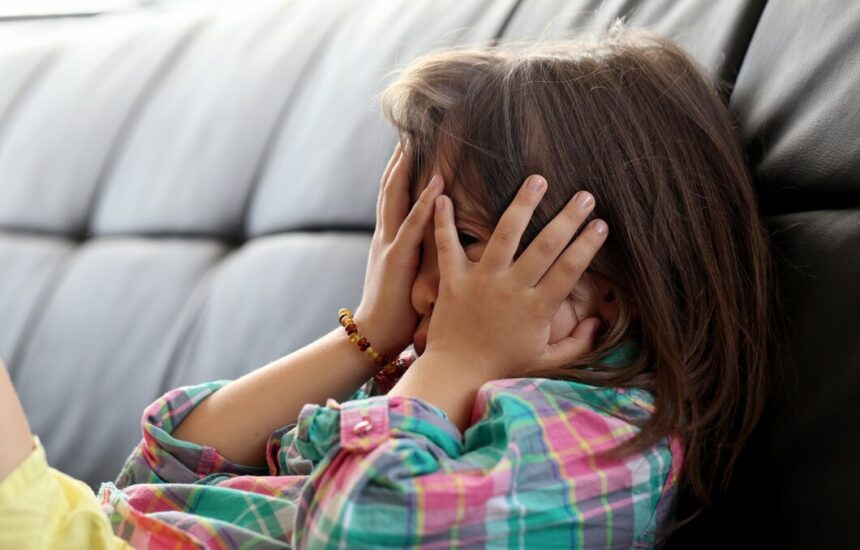Epilepsy is a neurological disorder characterized by recurrent seizures, and it can manifest in various ways, especially in children. Recognizing the early signs and symptoms is crucial for timely diagnosis and management. While seizures are the hallmark of epilepsy, there are several subtle signs that parents, caregivers, and educators should be aware of:
1. Staring Spells or Loss of Awareness:
- One of the earliest signs may be episodes where the child appears to be staring into space and becomes unresponsive briefly. This could indicate absence seizures, which are common in childhood epilepsy.
2. Sudden Jerks or Muscle Stiffness:
- Children with epilepsy may experience sudden jerks of their arms or legs, or they may exhibit periods of muscle stiffness. These are often referred to as tonic-clonic seizures (formerly known as grand mal seizures) and can be frightening to witness.
3. Repetitive Movements:
- Some children may engage in repetitive movements such as chewing, smacking lips, or picking at clothes. These behaviors, known as automatisms, can occur during certain types of seizures.
4. Changes in Sensory Perception:
- Epileptic seizures can affect sensory perception. Children may report strange smells, tastes, or visual disturbances before or during a seizure. These sensory auras can vary widely among individuals.
5. Unexplained Fear or Anxiety:
- Children may express intense fear or anxiety without an obvious trigger. These emotions can sometimes precede a seizure, indicating an aura or warning sign.
6. Sudden Falls or Loss of Balance:
- Seizures can cause sudden falls or loss of balance, especially if they affect motor coordination. This may result in injuries if not recognized and managed promptly.
7. Brief Loss of Consciousness:
- Children with epilepsy may experience episodes where they lose consciousness briefly, which can be mistaken for fainting spells or other medical conditions.
8. Unexplained Behavioral Changes:
- Epilepsy can sometimes manifest as changes in behavior, mood swings, irritability, or aggression, especially following a seizure.
What to Do if You Suspect Epilepsy:
If you notice any of these signs or symptoms in a child, it’s important to seek medical advice promptly. A pediatrician or neurologist specializing in epilepsy can perform a thorough evaluation, which may include neurological exams, EEG (electroencephalogram) testing, and possibly brain imaging studies. Early diagnosis and treatment are crucial for managing epilepsy effectively and minimizing its impact on a child’s development and quality of life.
Support and Education:
Understanding epilepsy and its early signs is essential for creating a supportive environment for children affected by the condition. Educators and caregivers should be informed about the child’s specific needs and any necessary safety precautions in case of seizures. Additionally, raising awareness about epilepsy helps reduce stigma and promotes inclusion in schools and communities.
Recognizing the early signs and symptoms of epilepsy in children empowers caregivers and educators to take proactive steps towards diagnosis and appropriate management. With timely intervention and support, children with epilepsy can lead fulfilling lives while managing their condition effectively. Increased awareness and understanding contribute to a more inclusive and supportive environment for all individuals affected by epilepsy.










